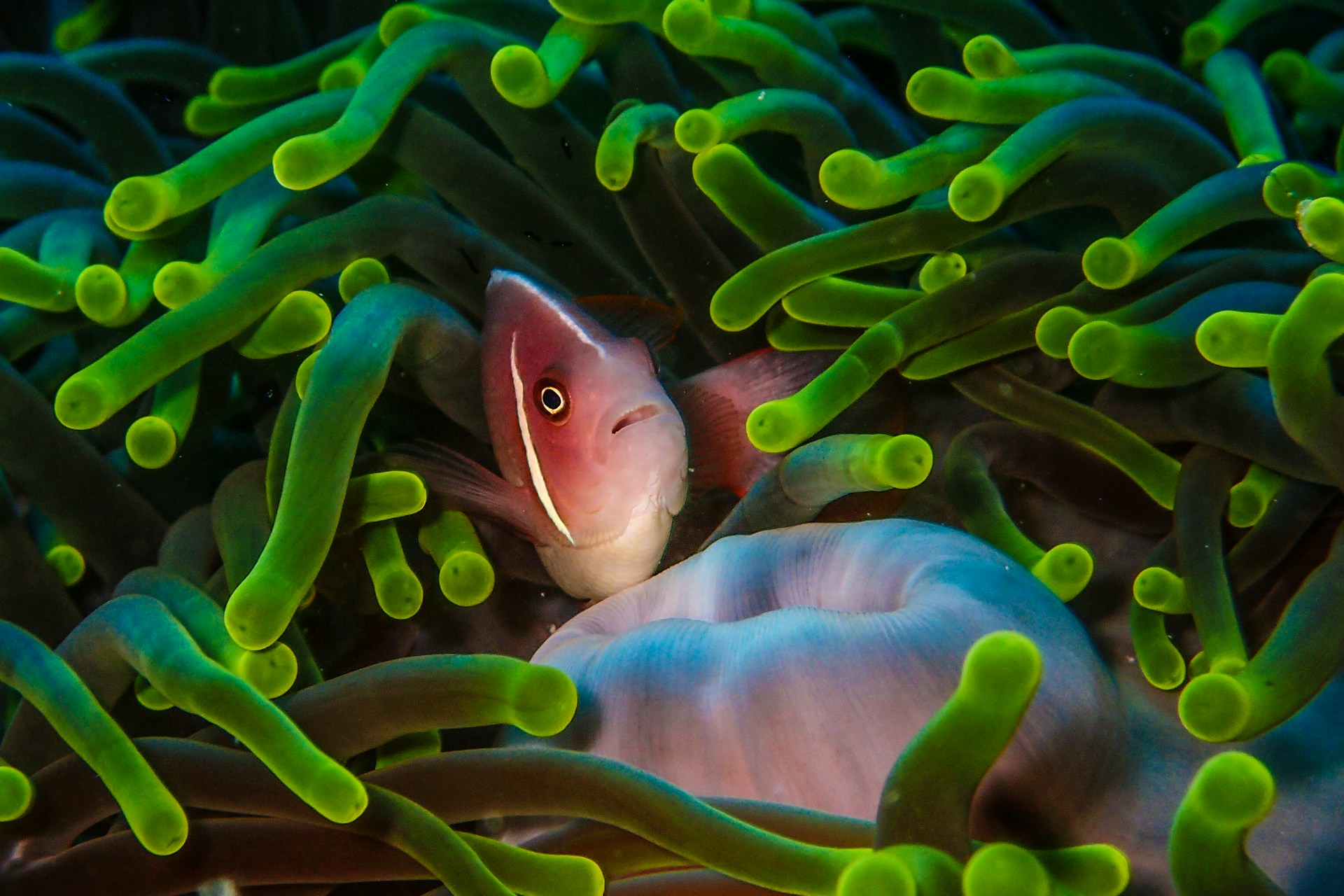The Importance of Marine Conservation

The Importance of Marine Conservation
The oceans are a crucial part of our planet’s ecosystem. They are home to a vast array of life and provide essential resources for human survival. However, these vital marine environments face significant threats. Pollution, overfishing, and climate change are putting immense pressure on oceanic ecosystems. As caretakers of the Earth, it is our responsibility to protect these habitats. Marine conservation plays a key role in safeguarding these ecosystems, ensuring they remain healthy and balanced for future generations.
Investing in marine conservation not only preserves biodiversity but also maintains the overall health of our planet. By understanding the importance of marine ecosystems, we can take meaningful steps to protect them. This article explores the various dimensions of marine conservation, including biodiversity preservation, climate regulation, and economic resources.
Biodiversity Preservation
Marine conservation is essential for preserving the rich diversity of life found in oceanic environments. The variety of marine species is astounding, ranging from vibrant coral reefs filled with colorful fish to the vast open sea where majestic creatures like the blue whale roam. Protecting these species is vital for the survival of ecosystems that depend on complex interactions among organisms.
Healthy marine biodiversity contributes to the resilience of these ecosystems. This resilience allows them to recover from disturbances, such as natural disasters or human activities. Each species plays a specific role in maintaining ecological balance. For example, certain fish species help control algae growth, while others contribute to nutrient cycling. When a species is lost, it can disrupt these interactions, leading to a cascade of negative effects throughout the ecosystem.
The decline of key species can result in overpopulation of others, significantly altering habitats. This disruption can have far-reaching consequences, affecting not only marine life but also human communities that rely on these ecosystems for food and livelihoods. Therefore, conserving marine biodiversity is crucial for sustaining the ecosystem services that humans depend on, such as clean water, food, and recreational opportunities.
Climate Regulation
The oceans play a significant role in regulating the Earth’s climate. They absorb a large portion of the carbon dioxide emitted into the atmosphere, acting as a buffer against climate change. Marine ecosystems, particularly mangroves, seagrasses, and salt marshes, are recognized for their ability to sequester carbon efficiently. Protecting these environments enhances their capacity to absorb carbon dioxide, which is vital in combating global warming.
Moreover, marine conservation supports the health of oceanic temperature regulation systems. Warmer oceans can lead to altered weather patterns and rising sea levels, which adversely affect coastal communities. When marine habitats are safeguarded, they can continue to play their critical role in climate stabilization. This, in turn, benefits all life on Earth.
Healthy oceans also contribute to the water cycle, influencing rainfall patterns and weather systems. By maintaining the integrity of marine ecosystems, we help ensure a stable climate. This stability is essential for agriculture, water supply, and overall human well-being. Therefore, marine conservation is not just about protecting fish and coral; it is about safeguarding the climate and ensuring a sustainable future for all.
Economic Resources
Healthy marine ecosystems generate substantial economic benefits. Fisheries provide food and livelihoods for millions of people worldwide. Sustainable fishing practices are essential to ensure that these resources remain available for future generations. Marine conservation efforts help protect fish populations and their habitats, allowing for the replenishment of fish stocks that support both commercial and artisanal fisheries.
Additionally, marine tourism is a significant aspect of the global economy. Tourists flock to coral reefs for snorkeling and scuba diving, contributing to local economies. Conservation initiatives that protect marine areas create opportunities for sustainable tourism, generating jobs while preserving the beauty of our oceans. Investing in marine conservation translates into long-term economic gains.
The economic value of healthy oceans extends beyond fisheries and tourism. Coastal protection provided by healthy marine ecosystems can save communities millions in disaster recovery costs. By safeguarding these natural barriers, we protect lives and property from storm surges and erosion. Thus, marine conservation is not only an environmental imperative but also an economic necessity.
marine conservation is vital for preserving biodiversity, regulating climate, and supporting economic resources. By dedicating ourselves to protecting marine habitats and species, we secure a future rich in biodiversity, economic opportunities, and cultural heritage. The ocean is not merely a resource; it is a lifeline. It is our responsibility to safeguard its health for future generations.
